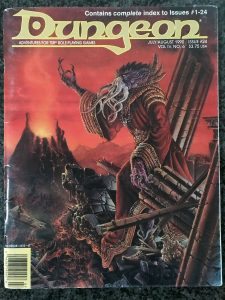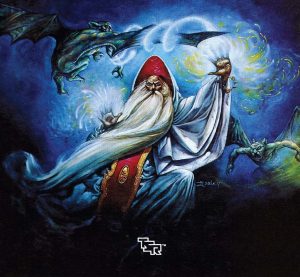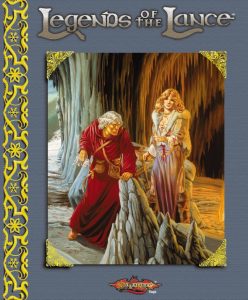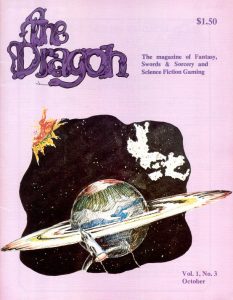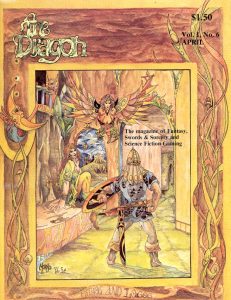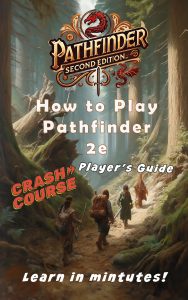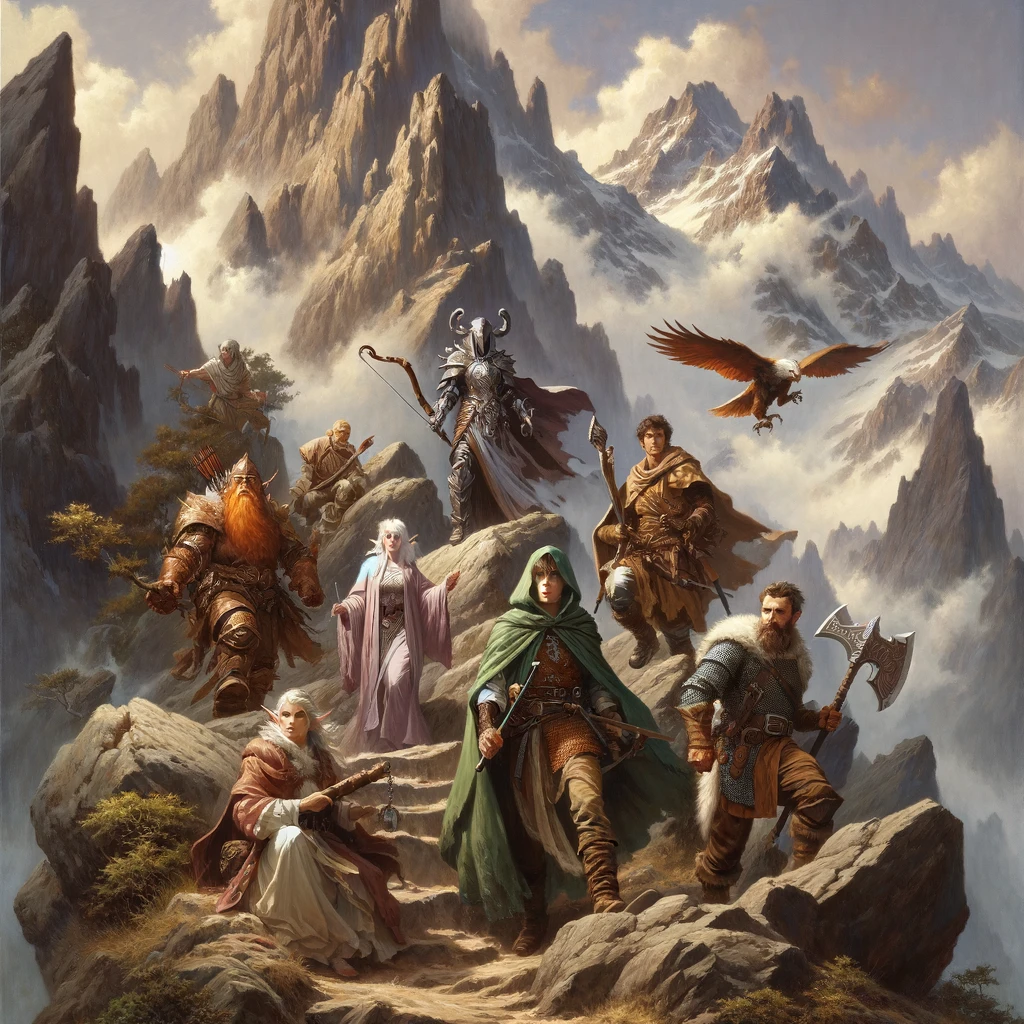
Play-by-Post (PbP) is a method of playing Pathfinder 2e or Dungeons & Dragons (D&D) where the game unfolds through written communication rather than spoken words. Unlike playing D&D in person or over a video call where the drama unfolds in real-time, PbP games are conducted through posts in online forums. Despite this difference, PbP still adheres to the familiar rules of Pathfinder 2e or D&D.
In Play-by-Post gaming, the pace is much slower, which allows for a more deliberate and thoughtful approach to role-playing. Players have the opportunity to craft their responses carefully, ensuring their character's actions and dialogues align closely with their intended persona and backstory. This methodical pacing can lead to rich, detailed storytelling, where every post can contribute significantly to the narrative's depth and complexity. It also allows players who may need more time to think about their actions or who might feel shy in real-time sessions to participate fully and comfortably.
Moreover, the asynchronous nature of PbP means that players from different time zones or with varying schedules can join the same game without the need to coordinate specific hours for sessions. This flexibility makes D&D more accessible to a wider audience, including those who might find scheduling regular live sessions challenging. As a result, PbP can bring together a diverse group of players, enhancing the gaming experience with a variety of perspectives and narrative styles.
The text-based format of PbP also allows for an archival quality that live games lack. Every decision, dialogue, and plot twist is recorded in the forum or platform, creating a detailed chronicle of the adventure that players can refer back to at any time. This can be particularly beneficial for long-term campaigns where the intricacies of the story and character development are key. Players and DMs can easily track past actions and decisions, helping maintain continuity and depth in the storytelling.
Additionally, PbP games often cultivate a strong community among participants. The slower pace and the necessity of written communication mean that players typically spend more time reflecting on and responding to each other's posts. This can lead to deeper character development and more collaborative storytelling. Over time, players often build relationships not only within the context of the game but as a community of writers and enthusiasts, sharing tips, feedback, and encouragement, further enriching the Play-by-Post experience.
Key Aspects of PbP Gameplay
In PbP, every detail must be explicitly described since you can't use facial expressions or vocal tones to convey your character's emotions or actions. This requirement means that your written descriptions need to be both clear and vivid to effectively portray your character and their interactions. However, this format also allows for a more immersive and collaborative storytelling experience, as players collectively contribute to a narrative over time.
The need for detailed and expressive writing in PbP encourages players to hone their literary skills, pushing them to become better writers and communicators. The descriptive nature of posts means that every action, from the flicker of an eye to the subtleties of a conversation, must be crafted with care to convey the intended emotion and impact. This often leads to beautifully written passages that not only advance the game but also enrich the story with vivid imagery and compelling dialogue, making the experience akin to writing a group novel.
Furthermore, this detailed writing style in PbP can lead to more nuanced character development and intricate plotlines. Players have the time to think through their character's motivations and reactions, allowing for deeper role-playing that might not be possible in the rapid pace of a live game. These intricacies contribute to a layered and engaging story where characters can evolve in unexpected ways, driven by the collaborative creativity of the group. This depth is one of the unique strengths of the Play-by-Post format, offering a profoundly personal and immersive gaming experience.
An Example of Play-by-Post in Action
For example, consider a scenario in which a character's pants have mysteriously disappeared. In a PbP game, the Dungeon Master (DM) might describe the scene like this:
- Dungeon Master's Post: "The sun rises over the Stonehill Inn in Phandalin. As Toblen Stonehill prepares for the day, Randall, you wake to find your pants missing and a strange wound on your arm that hasn't healed. Joey, you were stealthy last night, and no one noticed your actions."
- Player A's Response: "Randall sits up, noticing his missing pants. He quickly covers himself with a shirt and storms out to confront Joey, shouting, 'Joey! Where are my pants?'"
This back-and-forth continues, with the DM facilitating the game flow and players responding to situations set by the DM, moving the story forward.
Communication and Dice Rolls
Communication in PbP requires patience and clear writing. Players often need to wait for responses due to different time zones or schedules. Additionally, to maintain fairness, many PbP platforms integrate tools for rolling dice that ensure transparency and prevent cheating, such as D&D Beyond's forum dice roller or the Avrae bot on Discord.
To further enhance interaction and maintain engagement, PbP games utilize structured posting guidelines and etiquette. These protocols help streamline the flow of the game, ensuring that each player has a chance to contribute without overwhelming others or stalling the narrative. Effective communication is key in PbP; players are encouraged to express their thoughts clearly and concisely, fostering an environment where the story progresses smoothly. This structure not only keeps the game organized but also builds a respectful and cooperative community among players.
